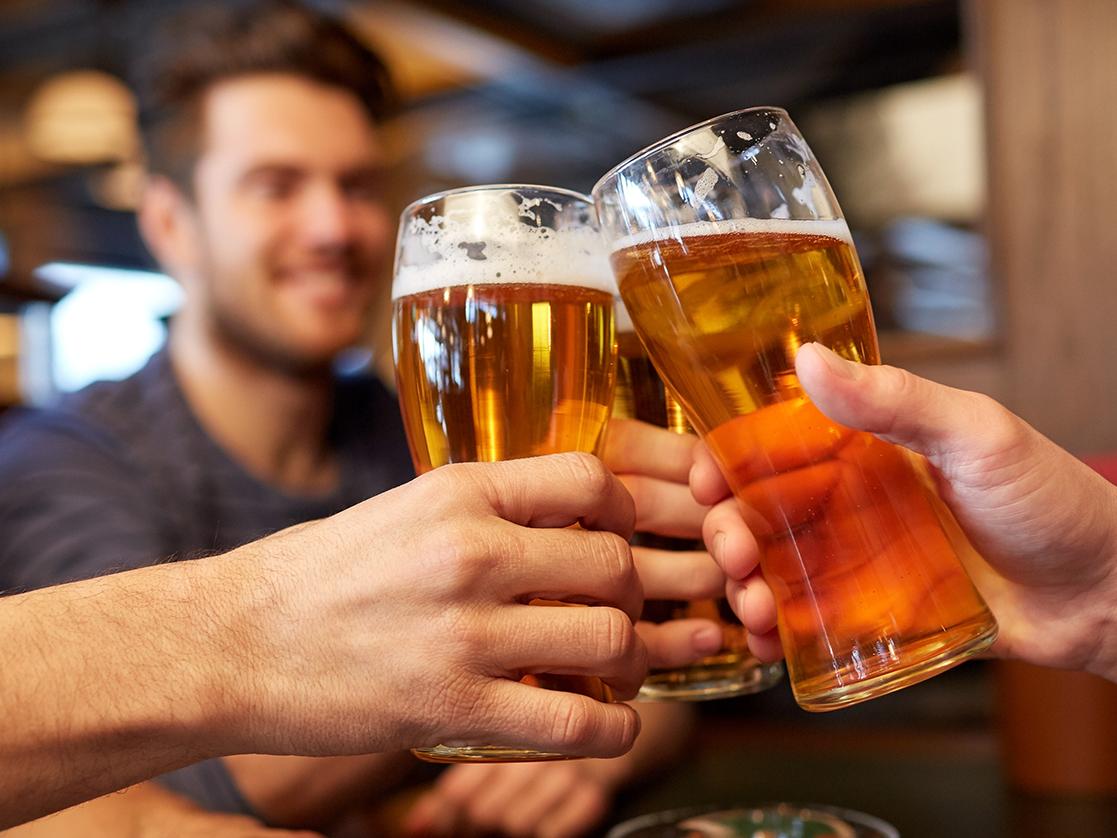The British Beer & Pub Association, the British Institute of Innkeeping and UKHospitality have said that 72 per cent of sector businesses expect to become unviable and close in 2021.

The trade bodies say the finding, from a survey of members of all three trade associations conducted by hospitality market research company CGA, shows thousands of hospitality and pub businesses need the government to do more to support them.
The survey found that the tiering system used across England was particularly damaging to pubs and hospitality businesses. Under tier one restrictions, only 25 per cent of operators said they could turn a profit. Under tier two restrictions, 76 per cent said they would be unviable or operating at a loss. For those pub and hospitality businesses having to operate under tier three restrictions, the survey found that 94 per cent would be unviable or operating at a loss.
Heading into December, a key month for the survival of pubs and hospitality businesses due to the increased trade of the festive period, the trade bodies are calling on the government to adapt the current tier restrictions by relaxing the ban on household mixing in tier two, alongside a modest extension to the 10pm curfew. They are also asking for the government to allow ‘wet-led’ pubs (pubs who serve just drinks) to re-open in tier three without having to serve food as well, provided they follow the other rules. The medium risk tier one should also be relaxed further, according to the trade bodies.
They say these measures are needed to help enable communities, friends and families to safely gather this Christmas in venues which are following government guidelines, serving to tables, enforcing social distancing and working with NHS test and trace, whilst helping ensure the sector’s survival by maximising its ability to viably trade in this critical period.
As pub and hospitality businesses operating under these restrictions are so affected, the trade bodies say the government must also provide them with larger grants as the current level of support is simply not enough for them to survive on. They say grants in line with those given during the first lockdown are needed to support businesses who are uncertain over how long they could be in tier three especially.